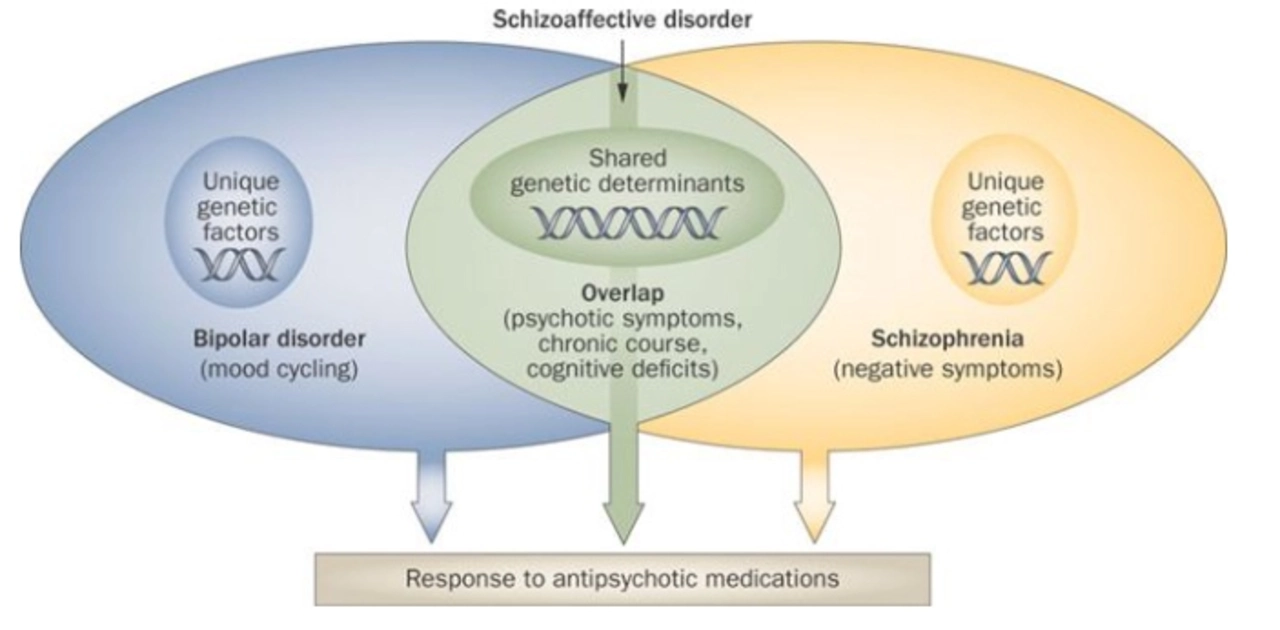Ever feel like your low mood is paired with scary thoughts or voices? That mix can be more than regular sadness – it might be psychotic depression. It’s a tough combo, but knowing what to look for makes a big difference.
Psychotic depression is a type of major depressive disorder that brings in psychotic features such as delusions or hallucinations. In simple terms, you’re dealing with deep hopelessness while also experiencing false beliefs (like thinking everyone hates you) or hearing things that aren’t there. This isn’t just “feeling down”; it’s a medical condition that needs proper care.
Typical depression symptoms – low energy, loss of interest, trouble sleeping – are still there. The psychotic part adds extra stress because those false beliefs can make you act in risky ways or isolate yourself even more.
The good news is that psychotic depression responds well to treatment when caught early. Doctors usually combine antidepressants with antipsychotic medication. This two‑drug approach tackles both the mood slump and the psychotic thoughts at once.
Therapy also plays a key role. Cognitive‑behavioral therapy (CBT) helps you question delusional ideas, while supportive counseling gives space to talk about feelings without judgment. Some people benefit from electroconvulsive therapy (ECT) if meds aren’t enough – it sounds scary but is safe and often very effective.
Beyond medication and talk‑therapy, daily habits matter. Regular sleep, balanced meals, and light exercise can lift mood and reduce stress. Staying connected with friends or family gives you a reality check when thoughts get distorted.
If you ever hear voices, see things that aren’t there, or feel convinced of dangerous ideas, treat it like an emergency. Call your doctor right away or go to the nearest ER – getting help fast can prevent worsening symptoms.
Remember, psychotic depression isn’t a sign of personal weakness; it’s a health issue that doctors understand. With the right mix of meds, therapy, and support, most people see big improvements within weeks to months.
If you suspect you or someone you love is dealing with this condition, start by talking to a primary care provider or mental‑health professional. Ask about a full evaluation, medication options, and what kind of therapy fits your lifestyle. Taking that first step can feel scary, but it’s the most powerful move toward feeling better again.

As a blogger, I've recently come across the topic of the role of Clozapine in the management of psychotic depression. Clozapine, an atypical antipsychotic medication, is used to treat severe cases of this mental health disorder when other treatments have failed. Its unique properties help in alleviating both psychotic symptoms and depressive episodes. However, it's essential to be aware of the potential side effects and monitor blood levels closely while administering this medication. In conclusion, Clozapine plays a crucial role in managing psychotic depression, improving the quality of life for those who suffer from this challenging condition.
Learn how to identify legitimate generic drugs at the pharmacy by checking labels, verifying pharmacies, spotting counterfeit signs, and using lot numbers to confirm safety. Save money without risking your health.
Want cheap generic Synthroid online in Canada? See safe pharmacy checks, 2025 pricing, ways to save, legal rules, and quick steps to order without risking your thyroid health.
As a blogger, I've recently been researching the connection between Tamsulosin and dental health, and I'd like to share some key points with you all. Tamsulosin is a medication commonly used to treat benign prostatic hyperplasia (BPH), and it has been found to potentially impact dental procedures. One significant concern is the risk of increased bleeding during dental surgery, which may require dentists to take additional precautions. Individuals taking Tamsulosin should always inform their dentist about their medication history to ensure safe and effective dental care. Ultimately, understanding the link between Tamsulosin and dental health is essential for both patients and dental professionals.
As a blogger, I've come across a crucial topic in managing heart failure - the role of Atenolol-Chlorthalidone. This combination of medications is known to effectively treat high blood pressure, which is a significant risk factor for heart failure. Atenolol, a beta-blocker, helps in reducing the heart rate and blood pressure, while Chlorthalidone, a diuretic, aids in eliminating excess fluid from the body. Together, they work to reduce the workload on the heart, ultimately improving its function and decreasing the risk of heart failure. It's essential to consult with your doctor for proper dosage and prescription to ensure the best possible outcome in managing heart failure.
Alcohol and prescription drugs can interact dangerously, causing overdose, liver damage, or death. Learn which meds are most risky, who's most vulnerable, and how to stay safe.